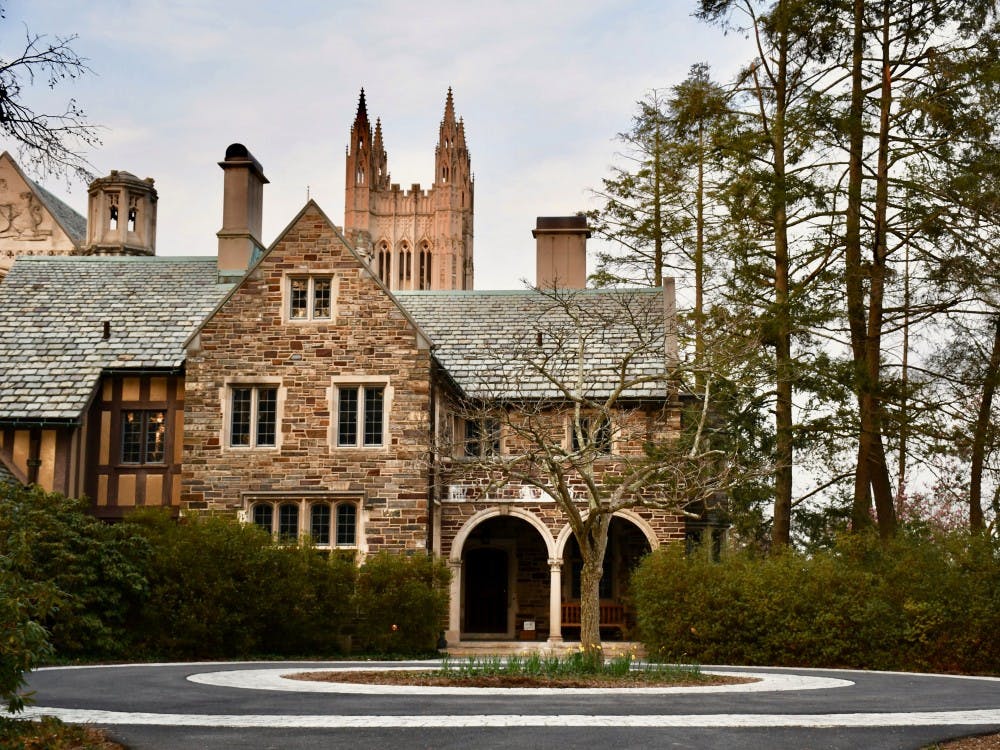The Office of the Dean of Faculty released updated policies to prohibit all non-preexisting romantic and sexual relationships between faculty and graduate students on Monday, April 1.
In an announcement to University faculty on April 2, headlined “New policy regarding consensual relations with students,” Dean of the Faculty Sanjeev R. Kulkarni wrote, “Under the new policy approved at the faculty meeting yesterday, all sexual and romantic relationships between faculty members and graduate students are prohibited, paralleling the policy already in place for undergraduate students.”
Previously, the policy, which can be found in Chapter V.C. Consensual Relations with Students in the University’s Rules and Procedures of the Faculty, stated that faculty-graduate student relationships were only impermissible when the faculty member had advising, instruction, or supervisory responsibilities over the graduate student.
Kulkarni noted that no one specific event led to this change.
“Events and attention to these issues nationally and on our campus led to consideration of changes in our policies in this area,” he wrote in an email to The Daily Princetonian.
A University press release also assures students that only faculty members can be punished for violating this rule. Kulkarni said the provision is in place to protect those with less power.
“There is an enormous power differential between faculty members and graduate students. Because of their greater power/authority and their role in the educational mission of the University, faculty members bear the responsibility for adhering to this policy,” he wrote in an email to the ‘Prince.’
The full policy details the new provisions and provides information about how to voice complaints regarding consensual sex.

“Complaints regarding conduct of members of the Faculty should be addressed to the Dean of the Faculty,” the policy reads.
The policy change was based on recommendations from the Faculty-Student Committee on Sexual Misconduct and was introduced by the Faculty Advisory Committee on Policy.
Shaurya Aarav, a graduate student in the Department of Electrical Engineering, applauded this step taken by the University, noting that the disciplinary consequences would be entirely placed on the faculty in these scenarios. According to Aarav, this is especially important considering the power dynamic between graduate students and faculty.
“The power dynamic ... between a PhD student and a faculty [member] is heavily skewed against the student. A student's present and future career often depend on one person, their advisor. Thus, it is extremely difficult for a student to voice their concerns against the person in power, and avoid unwanted advances,“ he said.

Aarav, however, doubted that this is an optimal solution.
“Ideally, the University should be a place where people understand professional and personal boundaries, and don't need a policy to keep them on their toes,“ he said.
Members of Princeton Graduate Students United did not respond to repeated requests for comment by the time of publication.








